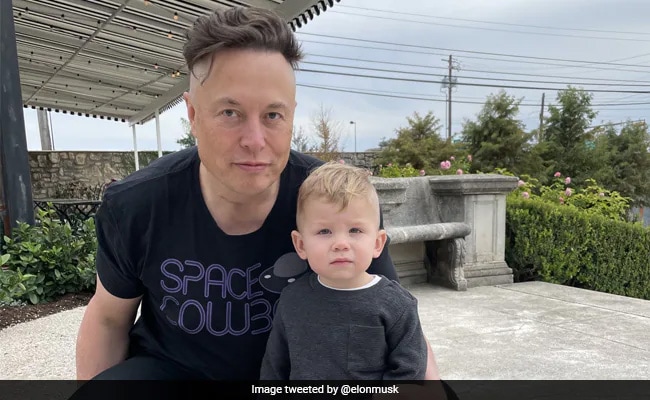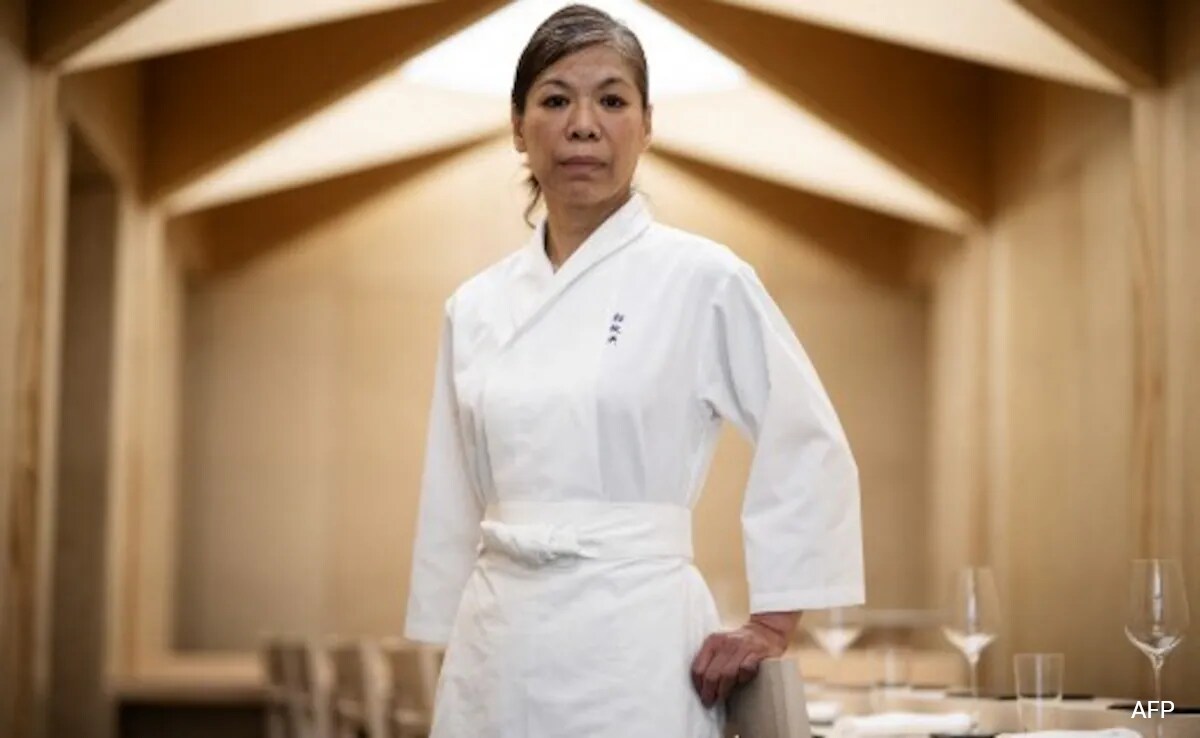Elon Musk Wants To Build “Legion” Of Children, Sent Sperm To Japanese Woman: Report

New Delhi:
Elon Musk has been actively working to build a “legion” of children, going as far as using his platform X to recruit potential mothers and proposing the use of surrogates to expedite the process, according to a report by The Wall Street Journal. The billionaire’s efforts have led to what one woman described as “harem drama,” with Musk allegedly managing the mothers of his children through financial incentives and strict confidentiality agreements.
Ashley St Clair, a 26-year-old conservative influencer who gave birth to Musk’s 13th child in September, said she received multiple messages from Musk discussing his desire for a large brood. In one message, he reportedly said, “I want to knock you up again,” while suggesting the use of surrogates to “reach legion-level before the apocalypse.”
The Tesla CEO is confirmed to have fathered at least 14 children with four known women – St Clair, singer Grimes, Neuralink executive Shivon Zilis, and ex-wife Justine Musk.
Sources close to Musk believe the actual number may be higher. The report claims Musk even provided sperm to a high-profile Japanese woman after being approached by officials from Japan.
Shivon Zilis, who has four children with Musk, is described as having “special status” among the mothers. Zilis has accompanied Musk to high-level events, including meetings with Prime Minister Narendra Modi and a pre-inauguration dinner attended by world leaders and tech elites.
St Clair said she was first offered $15 million and $100,000 a month in support if she agreed to keep Musk’s name off the birth certificate and not reveal he was the father. This offer came through Musk’s close aide Jared Birchall when she went into labour.
She didn’t agree to the secrecy, but still left Musk’s name off the official papers. After she went public about their relationship in February, the support was reduced to $40,000 a month – and then dropped to $20,000, as per the WSJ investigation.
The report also says Musk reached out to other women, like crypto influencer Tiffany Fong, with offers to have children. After Fong shared the messages publicly, Musk reportedly unfollowed her.
Several women, including St Clair, claim that Musk’s team uses money and strict confidentiality deals to stay in control. His aide Jared Birchall, who manages his matters, is said to have called the inner circle a “meritocracy,” where benefits flow “when people do good work.”
Musk’s desire to have many children comes from his belief in the idea that falling birthrates could put humanity at risk. He has often said that “civilisation is going to crumble” without population growth and believes smart people need to have more children to help secure the future of mankind.
The WSJ report says that much of Musk’s life is protected through legal and financial measures. Grimes, who shares three children with Musk, revealed that their custody battle left her financially drained. In February, she publicly reached out to Musk on X during a child’s medical emergency.
Elon Musk is the richest person with an estimated net worth of $367.9 billion, as per Forbes. He is the head of the Department of Government Efficiency under US President Donald Trump and an advisor in his cabinet.








